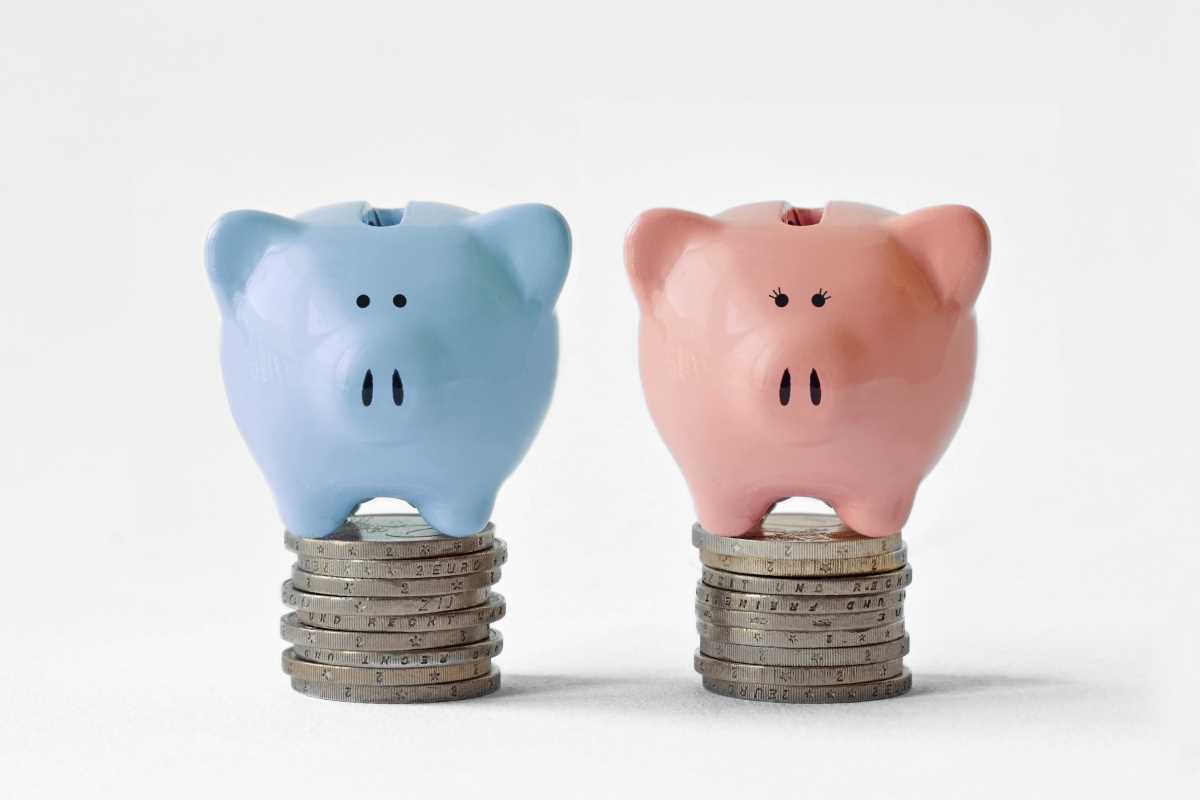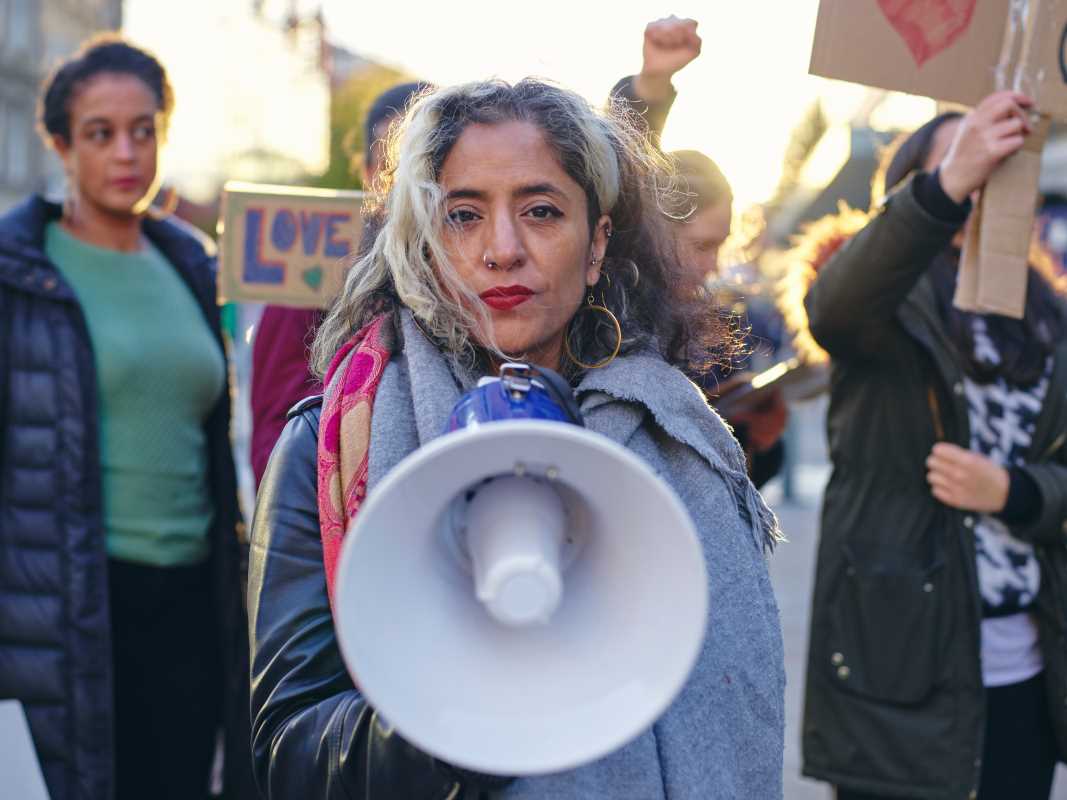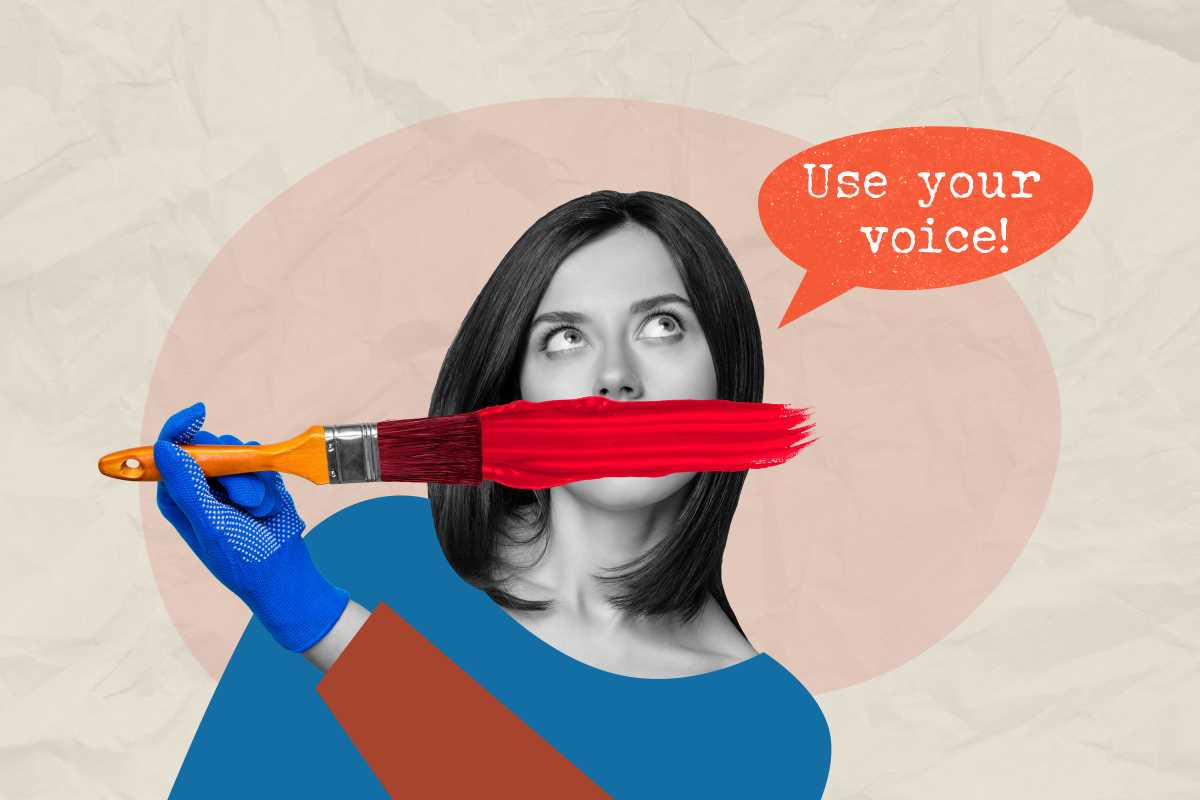The rise of social media has brought many changes to how we interact with the world, and one of the most notable shifts is how activism has found a new home online. Influencers, with their massive followings and significant influence, often use their platforms to advocate for social, political, or environmental causes. From fundraising campaigns to spreading awareness, influencer activism has undoubtedly created opportunities to make a positive impact.
But it’s not always as effective as it seems. While influencer activism sounds empowering and inspirational, it comes with its own unique set of challenges and limitations. Why does influencer activism sometimes fail to achieve the meaningful change it sets out to make? Let's take a closer look.
Influencer activism refers to the efforts made by social media influencers to support, promote, or bring attention to social causes. These influencers, who can be celebrities, content creators, or niche experts, leverage their platforms to speak out on issues they’re passionate about. You’ve likely seen influencers post about climate change, social justice, racial equality, or mental health awareness.
At its best, this kind of activism raises awareness, encourages action, and amplifies the voices of those most affected by certain issues. But at its worst, it can come across as shallow or performative, leading to criticism and backlash.
The Allure of Influencer Activism
There’s no denying that influencers hold unprecedented power in today’s digital world. With millions of followers, they can quickly spread a message to a wide audience, sparking conversations or pushing fundraising campaigns to new heights. Influencer activism feels relatable too. The casual, personal tone of social media posts often makes important issues seem more approachable than they would as news headlines on television.
Influencers also have what brands and organizations crave most: a captive audience. Many followers trust them, admire them, and mimic their behavior. This is why influencer-led campaigns can sometimes go viral and inspire others to get involved.
While all of this paints a positive picture, there’s another side to the story. Beyond the surface-level success, influencer activism often faces challenges that limit its true effectiveness.
The Limitations
1. Performative Allyship
One of the biggest criticisms leveled at influencer activism is the prevalence of performative allyship. This happens when influencers publicly support a cause to appear socially conscious, but their actions don't go beyond making posts or using trending hashtags.
For instance, during movements like Black Lives Matter or climate action campaigns, it’s not uncommon to see influencers posting powerful-sounding captions without actually engaging in meaningful change. Sharing a black square or a catchy slogan might raise temporary awareness, but if influencers aren’t donating their time or resources, or advocating for policy change, their efforts can feel hollow.
What’s worse, performative allyship can dilute the seriousness of the issue. When activism turns into a trend, it risks becoming more about appearances than about solving real problems.
2. Lack of Expertise
Just because someone has a large following doesn’t mean they’re an expert. Influencers often talk about causes they feel passionate about, but they may not fully understand the complexities or systemic issues behind them.
Without the proper knowledge, they can end up sharing misinformation or oversimplifying an issue. For example, addressing climate change isn’t just about asking people to use fewer plastic straws. It’s about legislation, renewable energy adoption, and reducing global carbon emissions at a systemic level. When influencers focus on surface-level solutions, they risk misleading their audience or spreading information that doesn’t address the real root of the problem.
3. Privilege and Perspective Gaps
Many influencers come from privileged backgrounds, which often shapes their activism in ways that don’t resonate with those most affected by the issues. For example, an influencer advocating for better healthcare access while living in a wealthy country might overlook the challenges faced by people in under-resourced regions.
This disconnect can make their activism feel out of touch or even tone-deaf. It’s important for influencers to amplify the voices of those directly impacted instead of speaking over them. Yet, many don’t take the time to collaborate with grassroots activists or marginalized communities, which limits the authenticity and impact of their efforts.
4. Short Attention Spans
Social media moves fast. What’s trending one day is forgotten the next. This short attention span can be a major hurdle for influencer activism. Many influencers jump from one cause to another to keep up with what’s “in,” rather than committing to long-term efforts for meaningful change.
For example, raising awareness about environmental issues might be popular during Earth Month, but consistent advocacy is what truly moves the needle. When influencers treat activism like a trend, their audience may never realize that these causes require ongoing effort and attention.
5. Lack of Accountability
Unlike traditional activists who are often tied to organizations or campaigns, influencers operate as individuals. This lack of accountability means there’s no system to hold them responsible for what they say and do. An influencer might start a fundraising campaign without proper planning, mismanage the funds, or fail to meet their stated goals.
Additionally, some influencers treat activism as a way to protect their image. When they face criticism or backlash, they might release performative apologies, which only fuels the narrative that their activism lacks sincerity.
How Can Influencers Improve?
While influencer activism has its flaws, there’s plenty of room for improvement. When done thoughtfully, it can be a powerful force for change. Here are a few ways influencers can make their activism more impactful:
Educate Themselves First
Influencers need to understand the issues they advocate for. Partnering with experts, reading research, and listening to those affected can help them share accurate information.
Support Grassroots Efforts
Amplifying the voices of activists and organizations already working on the ground can add authenticity to their efforts. Influencers should prioritize collaboration over ego.
Move Beyond the Hashtag
Influencers can use their platforms to push for action beyond social media. This might involve organizing protests, fundraising campaigns, or lobbying for policy changes.
Commit to Long-Term Advocacy
Lasting change doesn’t happen overnight. Influencers who stay committed to a cause over time can genuinely inspire their audiences to take part in meaningful movements.
Be Open to Criticism
No one is perfect. Influencers need to welcome constructive criticism and use it to improve their approaches to activism.
 (Image via
(Image via





